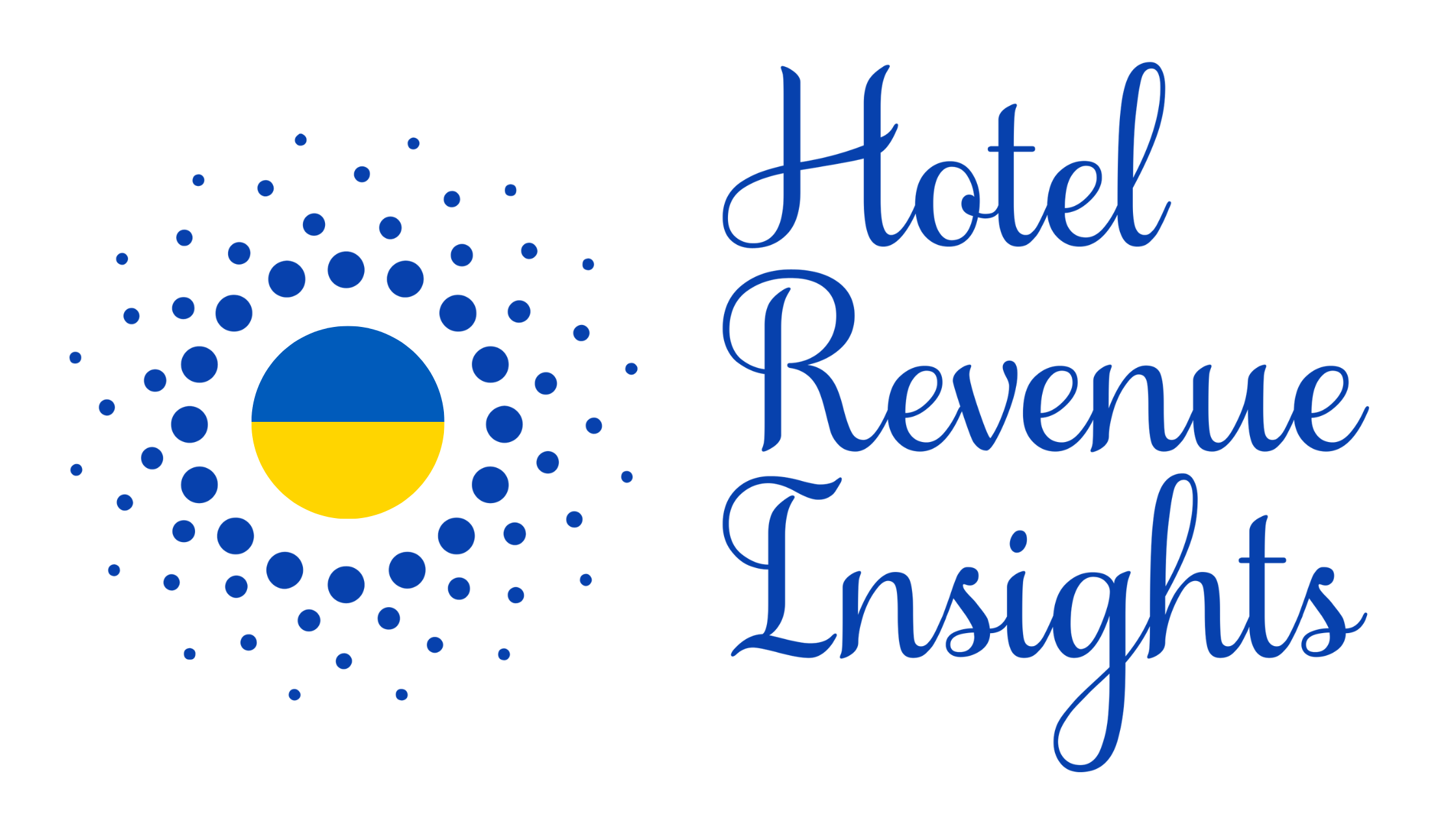
Hotel Brand Affiliation: Pros and Cons.
Should hotel owners partner with hotel brands or keep their properties independent (unbranded)? I reviewed the literature on the subject, and there is no simple answer.
To Affiliate, or not to Affiliate, that is the Question
Every hotel owner needs to decide whether to operate independently or lose some degree of independence to gain a possible competitive advantage by affiliating with the brand. A hotel owner needs to assess the benefits and costs of affiliating as well as compare various affiliation alternatives against each other (Carlbäck, 2017).
Brand affiliation for the small independent hotel could help to stay competitive in the market (Carlbäck, 2017); however, for hotels operating in particular markets, staying independent could be more beneficial (Kwortnik, 2011; Stone, 2018). For example, markets where guests prefer boutique properties (Kwortnik, 2011), unique destinations such as mountain resort area, urban markets with large convention business, and a significant amount of tourism (Stone, 2018).
Consumers increasingly prefer experiences over products, looking for something unique and memorable, and the independent hotel can better cater to this new shift in consumer preferences (Stone, 2018). Independent hotels are more agile and better prepared to adapt to the local market shifts ("Skift Report", 2018), and have the flexibility and opportunity to create unique experiences for the guests (Stone, 2018).
Rushmore (2004) suggested that hotels with the following attributes did not need a brand: Exclusive location, unique architecture, rare amenities, boutique hotel, or an eye-catching name. Holverson and Revaz (2006) posited that independent family-owned hotels that built loyalty through tradition and quality had repeat customers, satisfactory performance results, and took advantage of growing Internet opportunities did not need to invest in brand affiliation.
Pros and Cons
The benefits of staying independent (unbranded) include savings on brand affiliation fees, control over management and entrepreneurship, greater flexibility, and ability to structure hotel standards to meet the market demand and the opportunity to create a niche personality (Butler & Braun, 2014; Rushmore, 2004). To operate the hotel under a unique brand, hotel owners should have the necessary expertise, understanding of technology and distribution, strong marketing or social reach, and create a resonating brand story (Stone, 2018).
There are disadvantages to staying independent (unbranded). According to Butler and Braun (2014) unbranded hotels lose benefits of brand support systems (operating manuals, training, access to best practices, etc.), do not possess dedicated reservation and marketing systems and it is hard for them to compete with brands that have larger marketing budgets.
Other disadvantages include high cost of effective distribution, increasing costs of communication, inability to obtain necessary marketing intelligence in order to compete (Holverson & Revaz, 2006), high amount of investments required for technology solutions (Ting, 2017), cost of paying high OTA commissions and advertising expenses may offset the benefit of not paying franchise fees to the brand, harder to get access to capital as lenders consider independent properties risky and prefer to finance affiliated hotels (Stone, 2018).
In some cases, the value of affiliation could be negative when the costs associated with the association are higher than the revenues received (Carlbäck, 2015). Hotel owners might decide that being independent is just too expensive for them and that the high effort that is required for the independent operation could not be justified when help from influential brands and large distribution platforms is available (Stone, 2018).
Research & KPIs
O'Neill and Carlbäck (2011) and Carvell, et. al. (2016) compared key performance indicators of affiliated and unaffiliated hotels over a full 10-year economic cycle. Both studies found that unaffiliated hotels had higher average daily rates (ADR), and affiliated hotels had higher occupancy rates. Carvell et al. (2016) reported that these two advantages offset each other as there were no significant differences in revenue per available room (RevPAR). The differences in performance indicators were not consistent across market price segments and market types. The study found no consistent advantages in all segments for either affiliated or unaffiliated properties.
On the contrary, O'Neill and Carlbäck (2011) reported that unaffiliated hotels had higher RevPAR. The study did not find a significant difference in net operating income (NOI) during economic expansions and found significantly higher NOI for branded hotels during recessions. The authors concluded that the value that the brand brings is not static and varies over time.
Hua, ONeill, Nusair, Singh, and DeFranco (2017) in their analysis of 2,120 properties across the United States over six years (2008 - 2013), concluded that the expected benefits of affiliating with the brand exceeded expected costs. Moreover, the authors found that affiliation with the brand positively drove occupancy and ADR.
Enz and Canina (2011) compared the financial results of 104 newly opened affiliated and unaffiliated hotels in the United Kingdom during the first two years of operation. The study found an early advantage in RevPAR driven by occupancy for affiliated full-service hotels that decreased as time went on. Overall, the authors concluded that the performance of franchised hotels was not superior to that of independent properties.
Dev (2015) introduced an argument that could potentially explain the mixed performance results of affiliated and unaffiliated properties presented in various studies. The author analyzed the performance of hotels that changed brands and suggested that the effect of the brand itself should be separated from the hotel's fit with the brand. Dev (2015) concurred that two factors drove the financial results for hotels that changed brands - the strength of the brand (60%) and fit between the brand and the property (40%).
Thus, affiliation with the brand could positively affect the performance of the hotel and carries value for the owner. However, affiliation with the brand does not guarantee an improvement in financial performance.
Conclusion
Carlbäck (2017) posited that affiliation is necessary when a business is focused on growth and development. If the hotel is profitable, and growth is not part of the strategy, the hotel can afford to stay unbranded. It is essential to know the hotel owner's motivation — some hotel owners want to grow the business, and some value harmonious living and stability.
Stone (2018) posited that the operating model that will satisfy all hotel owners did not exist. The decision on whether to affiliate with the brand or not should be made on the property by property basis. Thus, the decision to affiliate or stay independent should be hotel specific as it can benefit one property, and another hotel could perform better without affiliation.
References
Butler, J., & Braun, R. (2014). The hotel management agreements and franchise agreement handbook. (3rd ed.). Los Angeles: JMBM Global Hospitality Group. Retrieved from http://www.hotellawyer.com/resource-center.html/
Carlbäck, M. (2015). Brand Value Attributable to Affiliation (BVAA) - a Method for Measurement in a Consortium Context. Unpublished manuscript, Gothenburg, Sweden. Retrieved from http://ejtr.vumk.eu/index.php/forthcoming-articles/654- v2310/
Carlbäck, M. (2017). To Be or Not to Be... - Brand Affiliation in the Hotel Industry. Doctoral dissertation in business administration. Department of Business Administration. School of Business, Economics, and Law at the University of Gothenburg. Retrieved from https://gupea.ub.gu.se/handle/2077/53941/
Carvell, S. A., Canina, L., & Sturman, M. C. (2016). A comparison of the performance of brand-affiliated and unaffiliated hotel properties. Cornell Hospitality Quarterly, 57(2), 193-201. doi: 10.1177/1938965516631014
Dev, C. S. (2015). Hotel brand conversions: What works and what doesn't. Cornell Hospitality Report, 15(21), 3-11. Retrieved from https://scholarship.sha.cornell.edu/chrpubs/224/
Enz, C. A., & Canina, L. (2011). A comparison of the performance of independent and franchise hotels: The first two years of operation. Cornell Hospitality Report, 11(21), 6-13. Retrieved from https://scholarship.sha.cornell.edu/chrpubs/47/
Holverson, S., & Revaz, F. (2006). Perceptions of European independent hoteliers: Hard and soft branding choices. International Journal of Contemporary Hospitality Management, 18(5), 398-413. doi: 10.1108/09596110610673538
Hua, N., ONeill, J., Nusair, K., Singh, D., & DeFranco, A. (2017). Does paying higher franchise fees command higher RevPAR?. International Journal of Contemporary Hospitality Management, 29(11), 2941-2961. doi: 10.1108/IJCHM-02-2016-0060
Kwortnik, R. J. (2011). Building and managing your brand. The Cornell School of Hotel Administration on Hospitality. Hoboken, NJ: John Wiley & Sons, 388-404.
ONeill, J. W., & Carlbäck, M. (2011). Do brands matter? A comparison of branded and independent hotels performance during a full economic cycle. International Journal of Hospitality Management, 30(3), 515–521. doi 10.1016/j.ijhm.2010.08.003
Rushmore, S. (2004). A case for being independent. Hotels Magazine. Retrieved from https://www.hvs.com/article/953-a-case-for-being-independent
Skift Report (2018). Soft Brands - Weighing the Risks, Rewards, and Realities. Retrieved from https://skift.com/insight/skift-insights-deck-soft-brands-weighing-the-risks- rewards-and-realities/
Stone, R. (2018). A deep dive into operating and branding strategies for hotel owners. Skift Research. Retrieved from https://research.skift.com/report/a-deep-dive-into-operating- branding-strategies-for-hotel-owners/
Ting, D. (2017). Don’t Expect Hotel Companies to Stop Launching New Soft Brands Anytime Soon. Retrieved from https://skift.com/2017/06/27/dont-expect-hotel- companies-to-stop-launching-new-soft-brands-anytime-soon/




